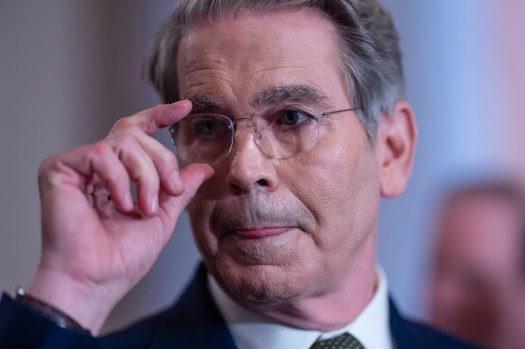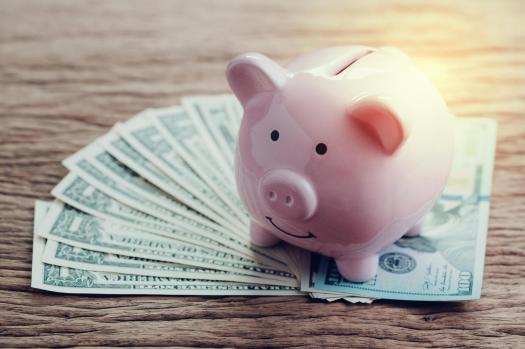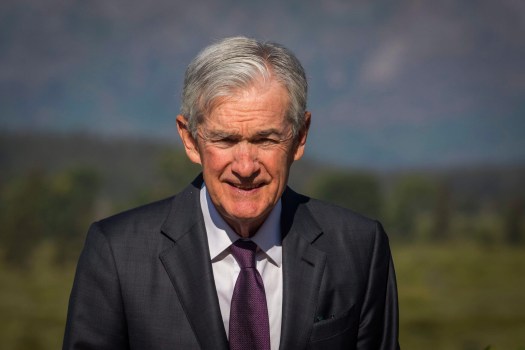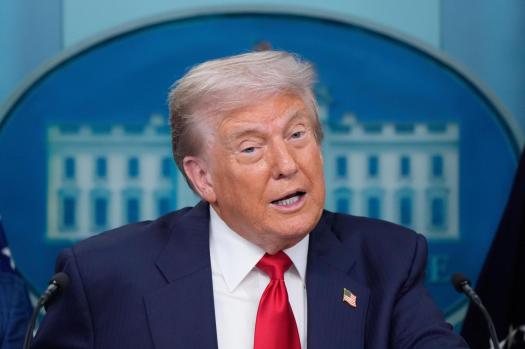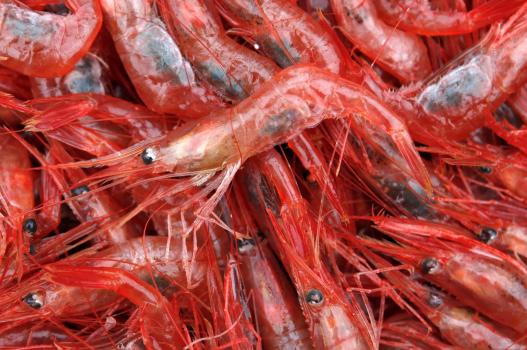While Treasury Secretary Scott Bessent said that certain nations that do not have an agreement by Wednesday’s deadline will have the option of a three-week extension to negotiate, major U.S. trading partners rushed over the weekend to seal trade deals or argue for more time.
In reference to the remaining time before the administration’s July 9 deadline, Bessent stated on Sunday’s CNN State of the Union that “we’re going to be very busy over the next 72 hours.”
Speaking with two programs Bessent indicated on Sunday that the letters that President Donald Trump is expected to send to trading partners this week do not have the last say on a nation’s immediate tariff rates. “There is still time for those who are not close to an agreement to bring offers to the table,” he added, adding that the levies will take effect on August 1.
The administration has been indicating for weeks that if a deal to reduce U.S. trade imbalances is not reached, Trump’s reciprocal tariffs will return to their higher levels from April 2 on July 9. Bessent admitted that the last stages are becoming more difficult due to the sheer volume of ongoing debates.
The Treasury chief stated on Fox News Sunday that there is a lot of traffic heading into the last stretch. Therefore, I believe that informing our trading partners that they might boomerang back to the April 2 date will significantly advance the course of events over the coming days and weeks.
Over the Fourth of July weekend, Trump informed reporters that he had signed several letters, which will be sent out on Monday at around twelve o’clock. “My directives involve different amounts of money, different amounts of tariffs, and somewhat different statements,” he said, declining to name the recipients.
Bessent refused to describe Aug. 1 as the new deadline in an interview with CNN. Regarding nations that receive letters, he stated, “Go ahead and expedite things if you want to.” You have the option to return to the previous rate if you so want.
Even though there is a lot of foot-dragging on the other side, Bessent stated that the focus is on 18 main trading partners and that some significant deals are close. Only a restricted framework with the UK, a truce with China, and Trump’s brief outline of a pact with Vietnam have been announced, despite Trump officials’ claims for weeks that other accords are imminent.
Three days before the initial deadline, Trump and Bessent’s most recent comments imply that negotiations are still open and that agreements are elusive. According to the Treasury secretary, Washington is exerting as much pressure as possible on trading partners, and its talks with the European Union—a 27-nation group that makes up nearly one-fifth of all U.S. goods trade—have advanced rather favorably.
Based on Trump’s prior remarks, the letters were originally scheduled to be sent out on July 4 with an August 1 tariff enforcement date. Throughout the holiday weekend, U.S. officials have been actively engaged in negotiations with South Korea, Japan, the EU, India, and Vietnam, among other countries.
It’s unclear whether the letters Trump cites are authentic or just intended to instill terror in trading partners who are still unwilling to make last-minute concessions, as one of his signature dealmaking strategies is to unilaterally threaten when discussions reach crucial points.
Vietnam’s Ministry of Foreign Affairs stated that negotiators were still working with their U.S. colleagues to complete the terms of the agreement that Trump announced last week.
In response to Washington’s increased duties on cars and their parts, New Delhi authorities have hinted at a stronger posture in recent days, threatening penalties on certain US imports, even though an interim agreement with India was also anticipated to be reached.
South Korea is also worried about vehicle tariffs, and in a last-ditch effort to avoid higher duties, it has talked with U.S. officials about extending the deadline.
Trump’s latest trade restrictions run the risk of rekindling investor anxieties about a vast and intricate new web of customs duties that American importers will have to pay, even as the U.S. stock market is at record highs and the president celebrates a significant legislative victory last week.
Markets plummeted when Trump’s so-called reciprocal tariffs were first implemented in early April, raising concerns about a potential U.S. recession. The White House retreated as a result, freezing those rates at 10% for 90 days until July 9.
Tariffs not only increase the costs for American businesses that buy goods from overseas, but they also put domestic exporters at risk of retaliation from other economies, such as the EU.
Following a round of talks in Washington last week, EU member states were briefed on the status of negotiations on Friday. According to a recent report by Bloomberg News, they were informed that a technical agreement in principle was close.
According to Japanese Prime Minister Shigeru Ishiba, the nation is ready for any tariff situation. He stated that Japan, another significant automaker attempting to evade Trump’s tariffs, is prepared to stand firm and defend its interests while anticipating any scenario when appearing on Fuji TV’s Sunday News The Prime show.
The government of Cambodia said in a statement on Friday that it and the United States had reached a framework agreement that will be made public shortly and that they would continue to work closely together. The threatened reciprocal tariff from Cambodia was one of Trump’s highest at 49%. The country in Southeast Asia is a major exporter of footwear and textiles to the United States.
According to the country’s senior negotiator, Indonesia expressed confidence last week that it is nearing a historic trade agreement with the United States that will cover vital minerals, energy, defense cooperation, and market access before the impending tariff deadline.
In a last-ditch attempt to avoid a 36% US tax on its exports, Thailand is offering expanded market access for American industrial and agricultural products, as well as more energy and Boeing aircraft sales.
Murray, Brendan / Bloomberg News
_____
(With support from Ian Fisher, Jenny Leonard, Patpicha Tanakasempipat, Stephanie Lai, Sam Kim, Ben Otto, Alberto Nardelli, Jorge Valero, Shruti Srivastava, Aya Wagatsuma, Hyonhee Shin, and Jean Leonard.)
_____
Bloomberg L.P., 2025. Go to bloomberg.com. Tribune Content Agency, LLC is the distributor.
